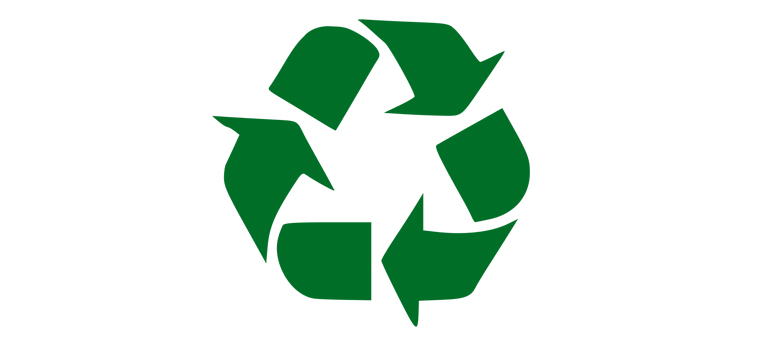Reduce, Reuse, Recycle. When done together, these three elements of conservation can go a long way to being responsible for our own waste and maintaining a healthy planet.
But with so many different kinds of waste out there, VPIRG would like to shed some light on the third R- with our top five list of things we should all be recycling.
Note: Solid Waste rules and regulations differ throughout the state. Click here to find the Solid Waste Management District that’s responsible for your town– they’re an essential resource to helping you recycle right.
1. Cardboard and paper
Save a tree- recycle or reuse your unneeded cardboard and paper instead or throwing it away. Junk mail, paperbacks, even phone books- a wide range of paper products are recyclable. Check information from your local waste management district for official requirements.
You can also take paper recycling to your local drop-off location.
Remember: keep your paper recycling dry and clean (last night’s greasy pizza box won’t make the cut) to make sure it can be remade into new, useful material.
2. Aerosol cans
Hairspray, air freshener, you name it- if these spray bottles once contained non-hazardous material empty, they’re recyclable. They can even go in your blue curbside bin.
For anything that contained or still contains hazardous materials (think paints and industrial products), take it to to your local waste management district’s hazardous materials drop off site.
3. Paint
Thanks to Vermont’s paint product stewardship plan, paint manufacturers now collect and recycle unused and unneeded paint at locations all across our state. The program, called PaintCare, is totally free to use. Consult the Vermont Agency of Natural Resources to find more information of safe paint handling and the drop-off location closest to you.
And if you really want to take it full circle, consider using a 100% recycled paint made from materials acquired in paint collection programs for your next project.
4. Batteries
Oozing, seeping old batteries arn’t just a gooey mess, they’re toxic.
Different towns and Solid Waste districts are required to hold battery collection events at a minimum of twice a year, usually in the Spring and Fall. Consult with your local district to learn when and where you can drop-off your used batteries.
Recent legislation around battery recycling will go into effect January 1, 2016, providing will be many more convenient options for battery collection and recycling. Including options for Retailers and other types of businesses to function as drop-off centers. Check the Agency of Natural Resources for updates.
5. Disposable Coffee Cup Lids
To cut down on single use containers, consider using a thermos or a mug from home for your daily commute and at your workplace.
But when a disposable cup is a must, remember that the lid is recyclable- take to time to toss your’s in your blue bin or another recycling receptacle.
However, not so fast with the cup it came on- check back in a few days for the companion piece to this post to learn more on what many of us are mistakenly trying to recycle.

